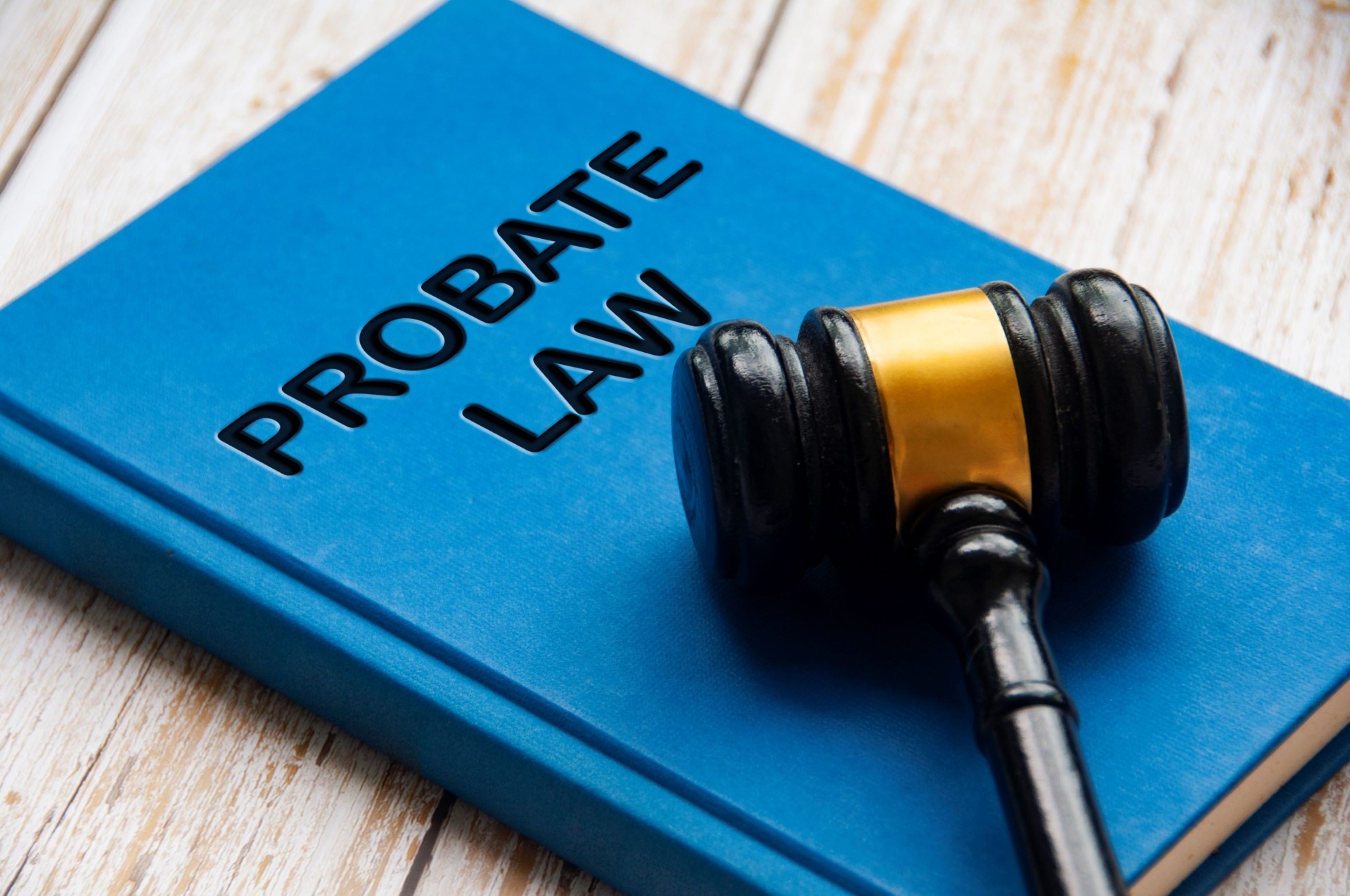
Role Of Probate Law
The Role of Probate Law in Estate Settlement
Probate law governs the legal process that takes place after someone passes away, ensuring that their estate is properly administered and assets are distributed according to their wishes or state law if there is no will. The primary purpose of probate is to provide an organized and lawful method for transferring the deceased's property to heirs and beneficiaries. It also ensures that any outstanding debts or taxes owed by the estate are paid before the distribution of assets. Probate law plays a crucial role in protecting the rights of beneficiaries while also safeguarding creditors' claims, ensuring a fair and transparent settlement of the estate.

The Probate Process: How It Works
The probate process begins when the executor (if named in a will) or an administrator (if no will exists) files a petition with the court to open the probate case. The court then validates the will (if applicable) and officially appoints the executor or administrator to manage the estate. The next step is for the executor to identify and collect all of the deceased's assets, including real estate, bank accounts, investments, and personal belongings. Creditors are notified, and any outstanding debts or taxes must be settled. Once the debts are paid, the remaining assets are distributed to the beneficiaries as outlined in the will or according to state law. The probate process concludes when the executor files a final accounting with the court, closing the estate. See here https://about.me/twosprucelaw
When Is Probate Necessary?
Probate is typically required when a person dies owning assets solely in their name that do not have designated beneficiaries. However, not all assets need to go through probate. Certain types of assets, such as life insurance policies, retirement accounts, and joint property with rights of survivorship, can pass directly to beneficiaries without going through probate. Additionally, estates with smaller values may qualify for simplified probate processes or may not need probate at all. Understanding when probate is necessary helps streamline the estate settlement process and reduces unnecessary delays or costs. An estate planning attorney can help determine which assets are subject to probate and which are not.
Challenges and Delays in the Probate Process
While probate provides an orderly method for estate settlement, it can sometimes be a lengthy and complicated process. Disputes among beneficiaries, questions about the validity of a will, or disagreements over asset distribution can cause delays and add to legal costs. Additionally, locating all of the deceased's assets, settling debts, and managing tax obligations can prolong the process. In some cases, probate fees and attorney costs may reduce the overall value of the estate. Executors can help minimize delays by maintaining clear communication with beneficiaries, keeping detailed records, and working closely with a probate attorney to ensure that all legal requirements are met.
The Role of a Probate Attorney in Estate Settlement
A probate attorney plays a vital role in helping executors navigate the probate process and settle an estate efficiently. Probate attorneys provide legal guidance on gathering and valuing assets, paying debts and taxes, and distributing assets according to the will or state law. They also handle any disputes that may arise between beneficiaries or creditors, ensuring that the process remains fair and within legal guidelines. For large or complex estates, working with a probate attorney can help prevent mistakes and ensure that the estate is settled in a timely manner. Having professional legal assistance not only makes the probate process smoother but also provides peace of mind to the executor and beneficiaries.